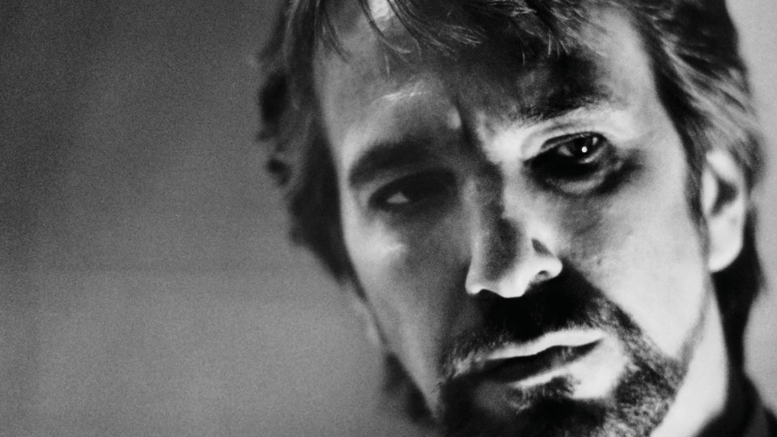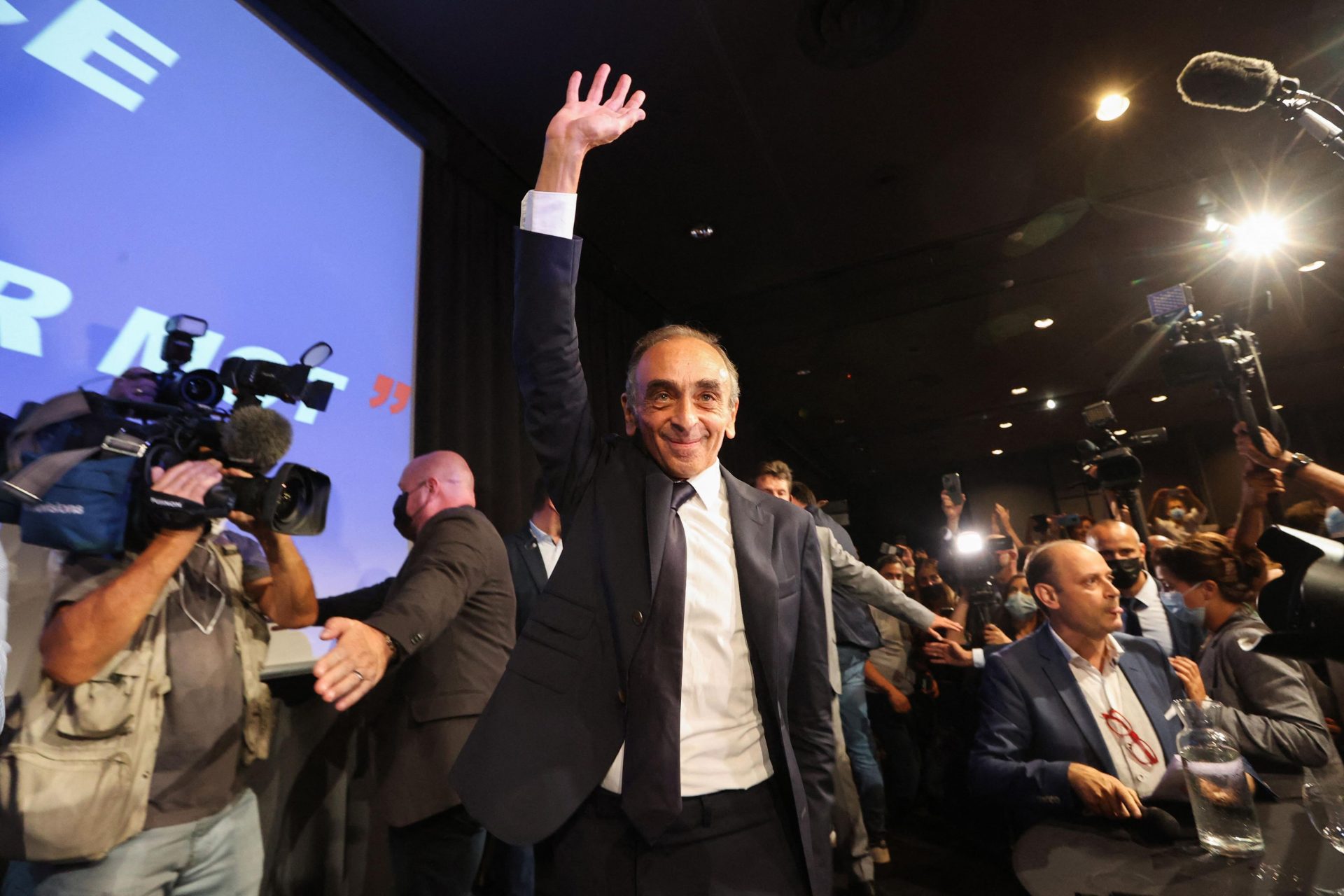When Hans Gruber fell to his death from the 30th floor of the Nakatomi Plaza building, Los Angeles, on Christmas Eve 1988, it was the final act in a tragedy of almost Shakespearean proportions. The leader and mastermind of an audacious raid on the Nakatomi Corporation vault that would have probably succeeded but for the intervention of an off-duty New York police officer, Gruber’s life and premature death at the age of 42 presents one of the great ‘what ifs’ to emerge from the Cold War.
Charismatic, cultured and hugely intelligent, Gruber was perfectly equipped to become a shining light in the reunified Germany that was only a matter of months away at his death. If the ambition, daring and meticulous planning employed in the Nakatomi heist could have been harnessed for good at an early age, who knows what he might have achieved after the new European dawn of the early 1990s.
Inevitably, the dramatic events of Christmas Eve 1988 saw Gruber subsequently portrayed as an unreconstructed villain, the dastardly European gangster foiled by the brash, all-American, have-a-go hero.
With the robbery having taken place late on Christmas Eve, in a pre-internet era, the coverage that appeared in the American press after the holiday was inevitably shallow, sensationalised, speculative and overreliant on cinematic tropes. Detective John McClane in the white hat, Gruber wearing the black.
But there was far more to Hans Gruber than his final hours might suggest. His was a life of unfulfilled potential and missed opportunities, underpinned by the geopolitical fissure that divided Europe in half for almost exactly the duration of his life.
Gruber could, and should, have been one of the turbulent 20th century’s success stories. His was a life of thwarted opportunity, intellectual frustration and crushing ennui that could, at many crucial points, have been steered away from the path he ultimately chose and directed towards a life of high achievement.
By the time he was born among the ruins of the Baltic port of Rostock, in the depths of the freezing winter of 1945-46, his father, also Hans, a publisher and conscript in the Wehrmacht, had been captured during the war’s last exchanges and sent to a Russian prison camp from which he wouldn’t return for eight years.
After receiving news of his father’s incarceration, Gruber, his mother Elsa and elder brother Simon moved to East Berlin, close to Elsa’s family, and embarked upon building some kind of future in the divided, ruined city. When Hans senior returned, meeting his eight-year-old son for the first time, he was understandably a changed and damaged man who found it impossible to readjust to normal life. He left after a few months, never to return – his youngest son’s memories of his father destined to be of the violent, post-traumatic rages that brought fear to the household.
Doted on by his mother and grandmother, Gruber displayed a rare intelligence. Blissfully happy at home, at school he was bullied by classmates for his love of high culture and ostracised for his Baltic roots.
He soon learnt to defend himself with his wits rather than his fists, developing the remarkable charisma that became his greatest asset. The bullying not only stopped, the bullies even began acting on his instructions.
When Gruber was 15, the Berlin Wall went up within sight of his home. Having developed a fierce hatred of communism, which he blamed, among other things, for depriving him of a father, he determined to escape from the German Democratic Republic as soon as he could. Within a year, during which he learned much about capitalist economics by becoming a successful black marketeer, Gruber had nurtured his charm and agile intellect enough to talk his way through a checkpoint and into the West. Many tried to escape the GDR, few succeeded. Fewer still managed to walk out through the front door.
When news of his defection broke, the East German authorities took bureaucratic revenge on his family. Elsa lost her teaching job while Simon was removed from his university course and forced into the army (something for which he never forgave his sibling, even though he would attempt, unsuccessfully and fatally, to avenge his death by robbing the United States Federal Reserve in 1995).
Gruber had nurtured high hopes of the West, but what he found was an empty, soulless system that seemed as resistant to meritocratic progress as the regime he’d left behind, just with sharper suits and nicer cars.
He tried at first to make it as a writer but saw his highbrow, experimental fiction rejected by publishers more interested, as he saw it, in making money from second-rate schlock. He dabbled in banking, then stockbroking, but at some point in the early 1970s a chance meeting with a member of the Volksfrei, a rival terrorist organisation to the Red Army Faction, saw Gruber stray into serious criminal activity.
Details of his time in the Volksfrei are sketchy but it’s known that he masterminded a string of bank robberies across West Germany. Although there is no evidence to suggest he was involved directly in any of the group’s numerous bombings and assassinations, he is believed to have led at least one high-profile kidnapping.
While he rose to become an influential figure in the Volksfrei, he never bought genuinely into their leftist ideology, something that led ultimately to his departure from the organisation around 1980 (news coverage of the Nakatomi Plaza incident brought forth a statement from the Volksfrei that Gruber had been formally expelled in 1986).
He moved to the Netherlands in the early 1980s where he was in a relationship with a Dutch woman with whom he fathered a son, Piet, and is thought to have been behind at least three bank robberies. These funded a move to the US in 1985 and the subsequent execution of his assault on the Nakatomi vault.
Hans Gruber was a man in search of an ideology who had been let down by the ones he found in his homeland. His error was convincing himself that the intellectual immersion he found in the work of Beethoven could also be found in money, particularly that taken from organisations in nations whose aims and methods he despised (in an intercepted radio exchange with McClane he was heard to condemn the policeman as “another orphan of a bankrupt culture who thinks he’s John Wayne”).
Eleven months after his death, the Berlin Wall came down. In different circumstances this might have been an opportunity to which he could have adapted his undoubted brilliance.
On that Christmas Eve, 33 years ago, Hans Gruber died a criminal, but he should perhaps also be remembered as a victim of the political machinations of a European 20th century that ravaged so many lives and snuffed out so much potential.




